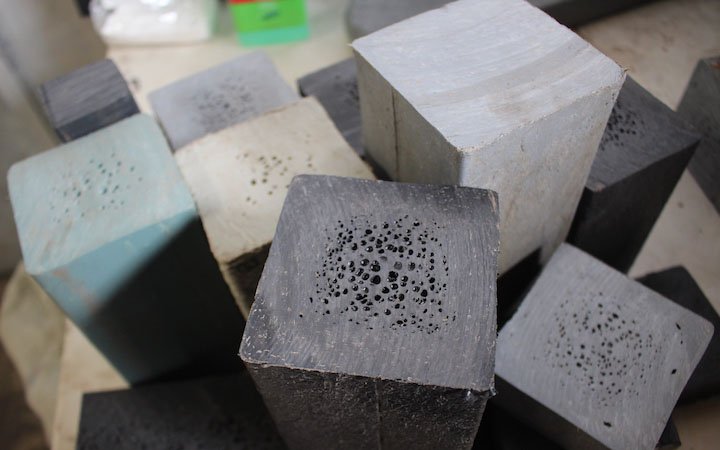Building a house is a big investment for its owner, regardless of its size and location. Careful thought and planning can prepare one to be more realistic both in approach and expectations. Here are three basic things to get started with in building your dream house.
Know your requirements
Know exactly what you want in a house in terms of its functions. Your day-to-day activities from waking up to bedtime define and specify your every need in a house.
List them down corresponding to the room or area where you do your activities and indicate whether alone or in group.
Do the same for all other activities that you love to do occasionally at home in manageable number of guests. Family celebrations and reunions as well as entertaining friends will have to be considered as you decide on the design of your house.
Think of it as a one-time investment. Consider both your current and future family needs.
At the end, you will come up with a list of the rooms or areas that you need in a house and those which can be used for more than one activity as well as the desired flow of movements.
Know your numbers
How many people will live in it? What are the rooms or areas that may require to be double or more in number and size like bedrooms, toilets, bathrooms and spaces for working, learning, playing and parking? These details will determine the ideal size and number of every room or area within your house for construction.
How do you want it to look? Its texture. Its ambiance. You may opt for classic design that does not date easily and so soon. Design which offers the flexibility in creating certain look and feel in areas for family events and milestones at a given time.
Use pictures to clearly show your preferred design. Collect photos with look similar to what you want to achieve in building your house.
Do research online on construction materials and interior finishings for functional and decorative purposes.
Window shop at a home depot nearby to have the actual look and feel of these products. Promodisers at the store can attend to your product queries. This information will be helpful in the selection of materials and determining the cost to build a house.
You must also know the legal documents, clearance and permits required in building a house. Be prepared to submit them on time to prevent any delay in all stages of the project from designing to occupancy.
Set your budget and identify its sources (operations, maintenance, repairs, etc)
Determine how much you can afford to invest for your house thru your personal savings, borrowings from financial institutions and other sources.
Find out which financial institutions have the best offers or lowest interest rate and qualifications to avail a housing loan.
Identify all the expense items for the project. You will incur expenses when you secure legal documents and necessary clearance and permits. You also need to set aside funds for consultancy and contractor services, materials, labor to interior decorations, insurance and other miscellaneous expenses.
There is also a need for a contingency budget. These will cover unexpected costs during the construction process.
Keep in mind that your budget shall dictate the design and materials for your house. It also has control over its target date of completion or being all-ready for occupancy.
It is also important to consider the future expenses aside from the direct cost of house construction.
These are those relating to its operations, maintenance and repairs.
Your decision to consult a licensed architect, hire a qualified builder or contractor and choice of materials will have an impact on these future costs.
Consult and hire the experts
You now know the design and features you prefer when you build your own house. However, transforming this into reality will need professionals. Building a house from start until its completion would need the technical knowhow of various professionals.
Consulting and hiring construction professionals is essential to ensure building a house right for you. A well-designed and built house is a collaborative work among you as the client, architect, engineers and contractor.
The architect designs the spaces to fit your requirements and lifestyle. Civil engineer will make sure of the integrity of its structure.
Electrical requirements will be taken cared of an electrical engineer while the contractor will be in-charge of the construction of the project and facilitates the approval of the building permit.
Having professionals take over the construction phase will relieve you of having to deal with various aspects of building a house.
It is a complicated process, that is why you should leave it to the experts who are duly licensed, have good reputations and familiar with sustainable houses.










0 Comments